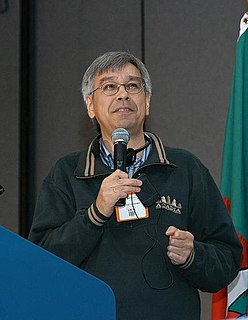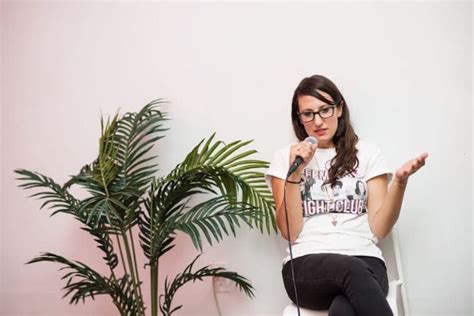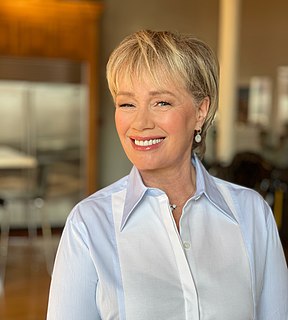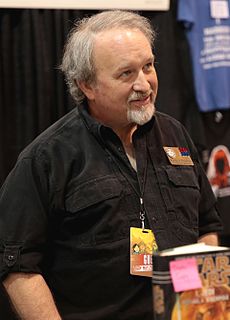A Quote by Alec Baldwin
Often in films, you have no idea where you're going to be six months from now. And I grew very weary of that. And television, although it wasn't necessarily as creatively diverse as filmmaking can be, it was the lifestyle choice that I needed to make.
Related Quotes
Most Chinese filmmakers grew up watching television; they watched films on television, not in cinemas. The scope of their vision is not big enough, they're not yet detail-oriented enough. You have to watch films in cinemas for years to understand the depth and scope of vision needed in filmmaking. Directors in China usually come from an academic background; they graduate as film directors. Whereas the directors from Hong Kong learn their trade on sets, beginning at the lowest rung.
Perhaps women are lied to more often because managers think they're not going to push back. If you're told, "We don't have the budget right now" and have no access to the budget to prove otherwise, there's not much you can do, but there's no reason why you can't ask if you can reassess in six months. Then, spend those six months chronicling every good thing you do so you return with a stack of data that proves you need that raise.
There is so much investment in it of people's labor time that it will never make money. But there are other documentaries that you might make that are sort of on assignment for television that turn around in three to six months. Then the margin can be much be better for you because you're not spending three-and-a-half years on it. So I think if you're doing documentary films, that's sort of the way to look at it.




































